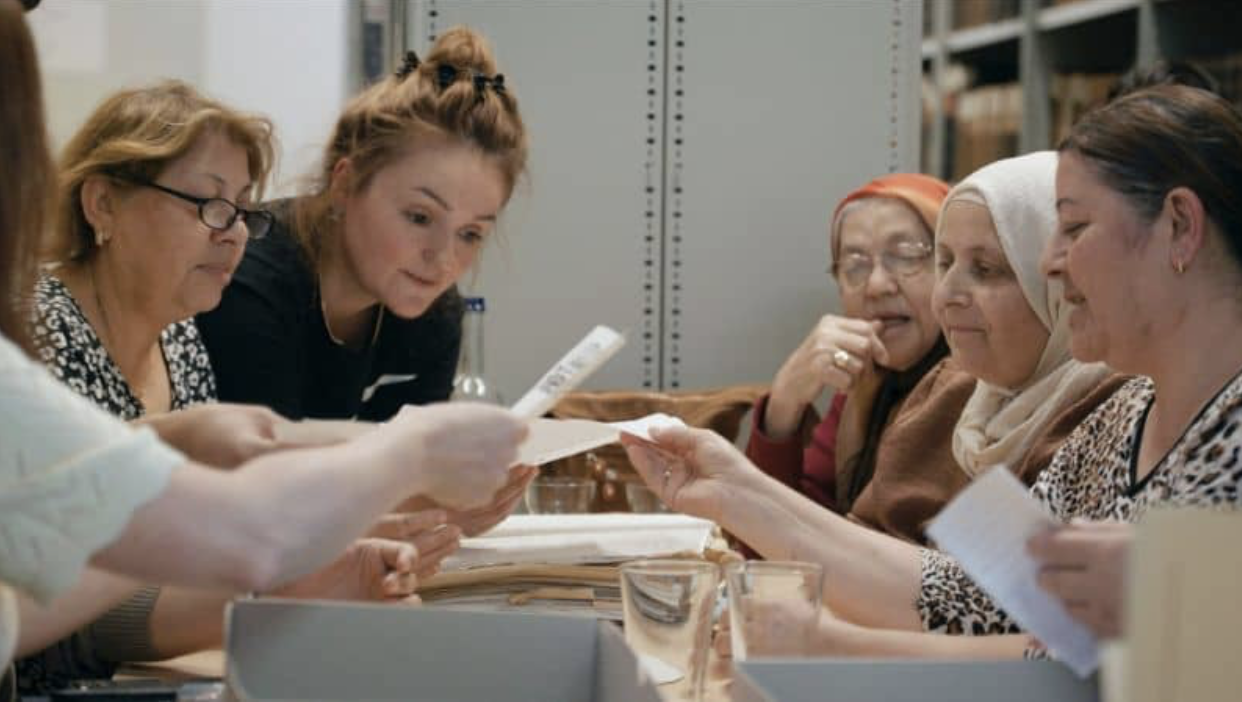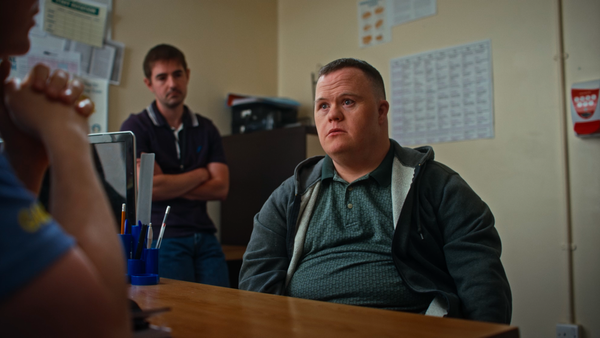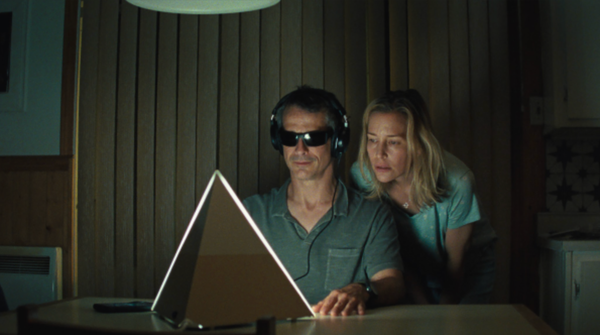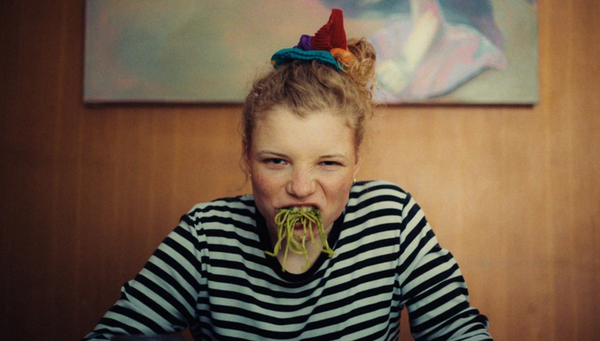In this sponsored preview for the Cork International Film Festival, Mark Hernandez opens The Moelln Letters ahead of its screening at the festival.
In the early hours of 23rd November 1992, in a small town to the east of Hamburg, two residential buildings were firebombed by neo-Nazis. These were the homes of multiple Turkish and Kurdish families. That day three people – two girls and their grandmother – died in the fires that followed. The rest did everything they could to escape the flames, from throwing a baby from a window to wrapping themselves in wet towels.
Over the course of 12 months, the survivors share their story in this in-depth observational documentary. The Arslan family ended up finding out years after the attack that over a thousand letters of solidarity and condolence were sent to them at the time. These messages were unknown to the survivors until 2019, when one family member, Ibrahim, was informed of their existence in the city’s archives.
Ibrahim, who goes by Ibo, takes it upon himself to figure out how these messages never made it to their family. His younger brother Namik was eight months old at the time of the fire and was the aforementioned child thrown out of a window. Now he suffers from his mental health, which has resulted in him turning to food as a coping mechanism.
The focus is placed on the lives of the rest of the Arslan family members as this information comes to light and they attempt to process how such vital information was kept from them for all these years. Without interviews, the camera is an ever-present, non-speaking witness to this eventful year. The still images of assorted pictures and cards that were sent all those years ago punctuate the film's action.
News footage of the attack reveals its severity. With the building still smoking, bodies are brought out on stretchers by the fire brigade. The thematic impact is explored by writer/director Martina Priessner, who has shot the multiple documentaries that focus on German/Turkish stories. Her first film debuted in 2005, and now two decades later The Moelln Letters premiered at the 75th Berlinale, winning both the Amnesty Film Prize as well as the Panorama Public Prize. In an interview by German news outlet NDR, Ms Priessner states that she was shocked when she heard about this story and wanted to focus on the survivors of this tragedy and how they were treated.
These letters came from all over Germany, expressing heartfelt support and shame that such an act was carried out by Germans in the name of neo-Nazi sentiment. Children and adults of all ages sent cards, notes, and drawings all of which were addressed directly to the families but sent care of the city of Moelln. The Arslans, who lost three beloved members that night, have been trying for years to get the rest of the letters released to them. Now, they will be displayed at a museum in Germany that focuses on the history of those with a migration background.
Having survived 30 years of grief and systemic racism, the Arslan's family's journey is unfortunately a very timely one.
The Moelln Letters screening at Cork International Film Festival will be followed by a Q&A with one of the film's protagonists, Namik Arslan on Sunday 9th November.
Complete the viewing of The Moelln Letters with an interview of director Martina Priessner as part of DOC DAY Online.







